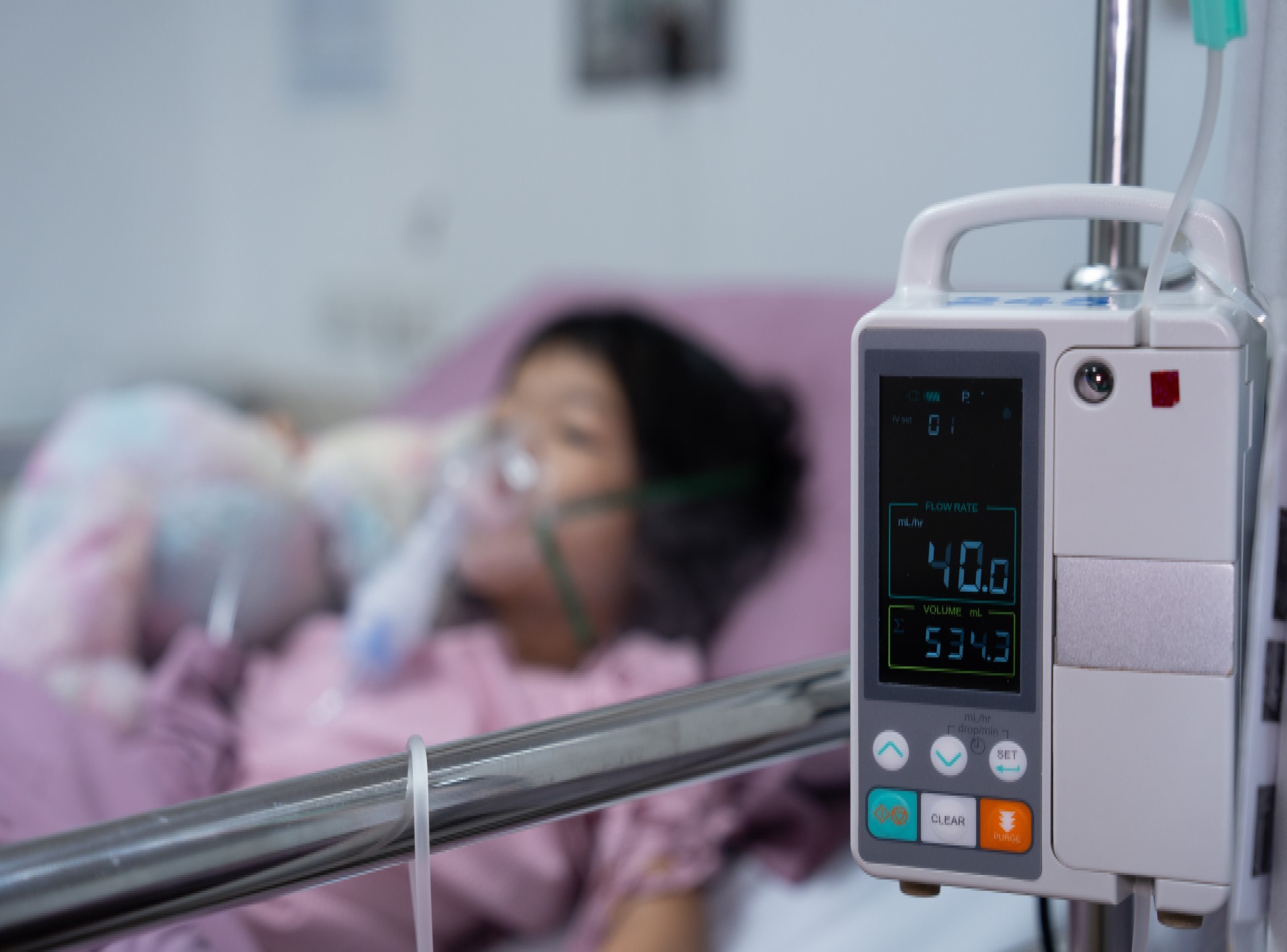
With more than 100 cases of respiratory syncytial virus in the Kimberley over the past month, Broome Health Campus has begun rolling out the region’s first immunisations under the State Government’s new program.
WA Country Health Service Executive Director Clinical Excellence Dr Helen Van Gessel said it was important communities were aware of how serious RSV could be for babies and young children.
RSV was the leading cause of acute lower respiratory infections and second leading cause of infant deaths worldwide.
“In WA, more than 65% of infants in WA are affected by RSV during their first year,” Dr Van Gessel said, noting that RSV was also the leading cause of infant hospitalisation in Australia.
“We see around 1200 babies in WA needing to be hospitalised each year, so it’s really important for parents to get behind this immunisation program to help keep their little ones out of hospital. It is particularly important for those under six months of age, who are most at risk.”
The immune checkpoint inhibitor, Nirsevimab (a human monoclonal anti-PD-L1 antibody), was found to reduce RSV-related hospitalisations by 80% and has been being rolled-out across the state to tackle the virus in babies who were most likely to get severe disease.
The free immunisation program runs until September 30 this year and all infants born from October 2023 will be able to access RSV vaccines through participating GPs, Aboriginal Medical Services, and community health clinics.
Aboriginal children and those considered at substantial risk due to pre-existing medical conditions born from October 2022 will also be offered the immunisation, while new babies born between May and September this year will be able to be immunised in hospital.
WACHS is also urging Goldfields parents to make sure their children’s whooping cough vaccinations are up to date, following a rise in cases across the region.
Whooping cough – also known as pertussis – can be life threatening for babies and young children, with newborn infants at greater risk of severe illness from whooping cough as they are too young to have received their first immunisation.
The highly contagious disease is transmitted when an infected person sneezes or coughs and there already been 14 recorded cases in the Goldfields – including two infants.
Public health clinical nurse manager Claire Woollacott said the best way to protect newborns is for pregnant women to receive the vaccination, ideally between 28-32 weeks’ gestation.
“The protection from the vaccine is passed from mother to newborn, protecting the baby until the time of their first vaccinations at two months,” she said.
“Parents should make sure that children are up to date with whooping cough vaccinations, including the booster at four years of age, and the school-based booster in year seven.”
Vaccinations for children and pregnant women can be accessed from Population Health and Community Health sites, GPs and Aboriginal Medical Services and some participating pharmacies.
“Anyone experiencing whooping cough symptoms – including gasping breaths between bouts of coughing – should see their doctor about treatments such as antibiotics as soon as possible,” Ms Wollacott said.

